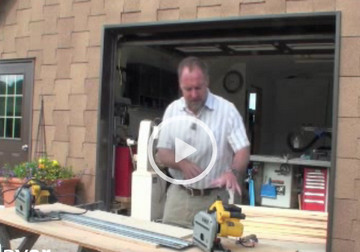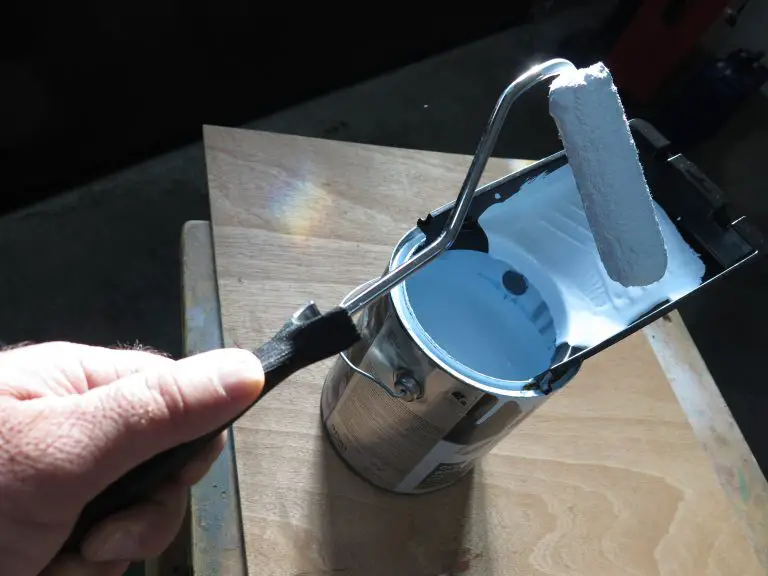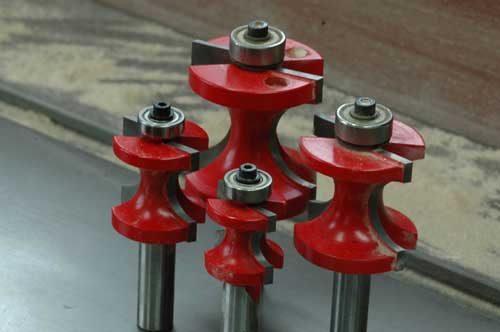
If you’re one who’s always on the move, from short adventures to long road trips, a handy DIY auto repair kit can be your best road buddy. Whether you’re a seasoned gearhead or just starting to tinker with your vehicle, the right tools can make your life a whole lot easier. So, it’s best to look into some “must-haves” for your auto repair kit to save you time and money, should tinkering time ring without warning bells.
Some Tools You Can’t Do Without in Your Toolkit
1. Socket Set
You’ll never know which socket you might need while on your road trip, especially if you plan on going off road. But with a range of socket sizes, you can tackle various (if not greasy) tasks, from loosening bolts to removing spark plugs. With these vehicle accessories in your toolkit, you’ll at least get a grip on every situation along the way. Whether you’re saving change oil charges and removing the oil filter housing or checking your wobbling tires while on the go, your trusty socket set can come easily to the rescue, making your job a breeze.
Some of these sockets are:
- Spark Plug Socket: Specifically designed to remove and install spark plugs, typically with a rubber insert to grip the plug securely without damaging it.
- Oil Filter Socket: Some vehicles use a socket to remove the filter, while others need a special wrench
- Wheel Lug Nut Socket: Vehicles come with a wrench for lug nuts, but a socket set is far superior.
- Torx Socket: These are commonly used to secure interior panels and fittings.
- Hex (Allen) Socket: These are also used in many car parts, including engine components, suspension, interior trim. This head pattern comes in different head sizes.
- Ratchet Handle: These are always part of every socket set, and come in different sizes. Sockets much match a ratchet handle to work.
- Torque Wrench: This replaces the ratchet handle for use with sockets. A torque wrench tells you how tightly a fastener is being torqued down, and this is especially important for wheel lug nuts. Tighten them to a specific torque rating, then check them again after 50 miles of driving to make sure they’re not coming loose.
2. Jack and Jack Stands
As they say, “safety first!” One sturdy jack and a set of jack stands can be crucial for lifting your vehicle securely during repairs or maintenance, especially for changing summer and winter tires, or for tire rotation. With your jack and stands properly positioned, you can lift your car safely off the ground and work on each wheel without worries of being run over by your own vehicle. Now, that’s indeed thinking of your safety first.
3. Open-End & Box-End Wrench Set
A wrench set is your go-to option when tightening and loosening nuts and bolts, especially if there’s no room to use a socket wrench.
4. Screwdrivers
Whether it’s Phillips or flathead, your screwdrivers are the most essential when it comes to various auto repairs and other tinkerings. It allows you efficiency in removing interior panels or tightening electrical connections, like replacing a broken tail-light assembly. With a screwdriver in your toolkit, you can swiftly tighten or remove screws holding an old assembly in place and install a new one effortlessly.
5. Multimeter
A multimeter is an indispensible tool for diagnosing what’s gotten into your car’s electrical system, including checking battery voltage or testing fuses. You can’t just sit around because your car won’t start; you need to at least know if the battery’s dead or just loosened from the over-bumpy roads you just managed. With a multimeter, you’ll at least know whether to replace your battery or your alternator, or you just clean and tighten battery connections.
Conclusion
A DIY auto repair toolkit is best equipped with these essential tools, which can set you up for success in maintaining and repairing your vehicle at home or on the road. It can help you save money on repairs and somehow allow you to learn valuable skills and self-reliance. So, whether changing oil or rotating tires, you can handle car maintenance like a pro. Happy tinkering!












